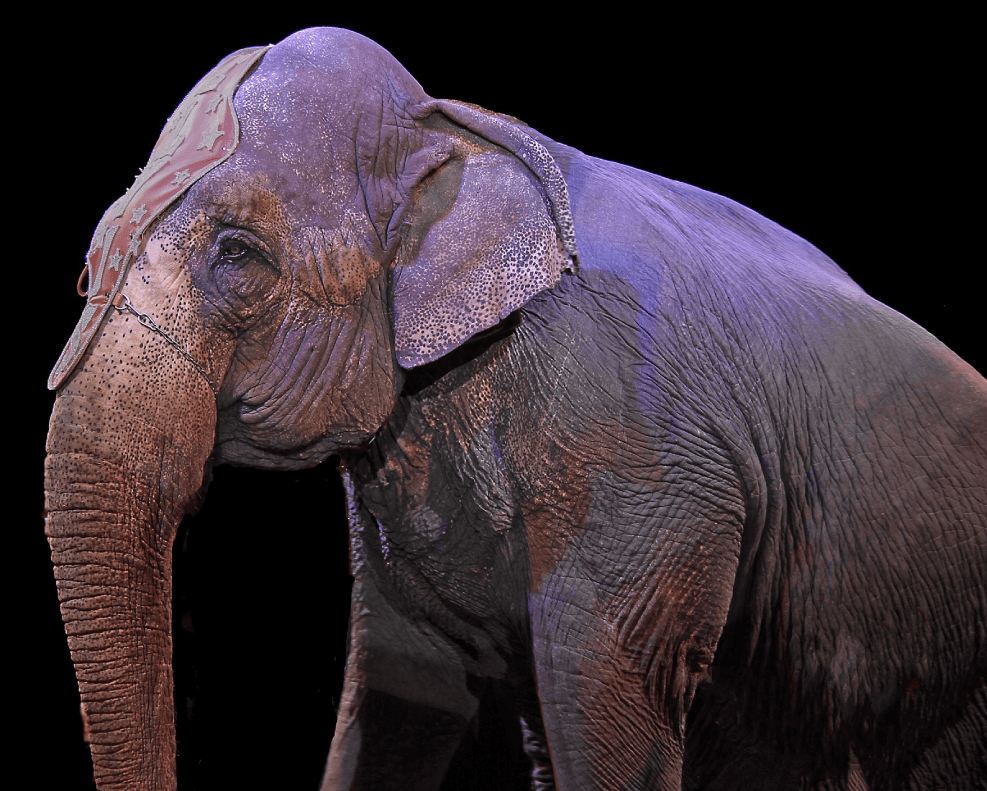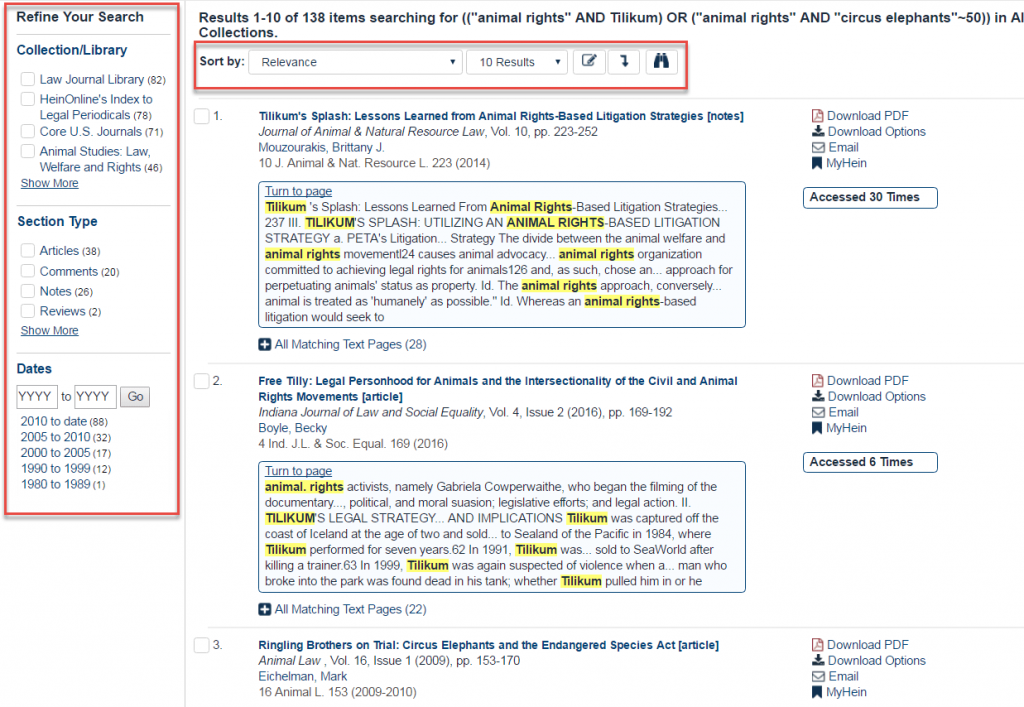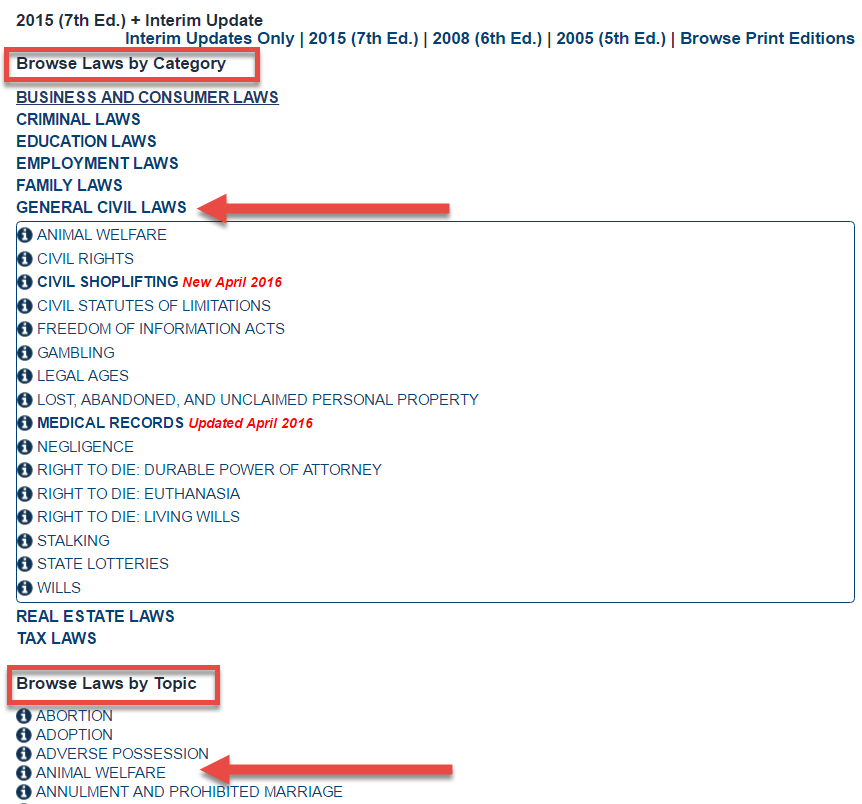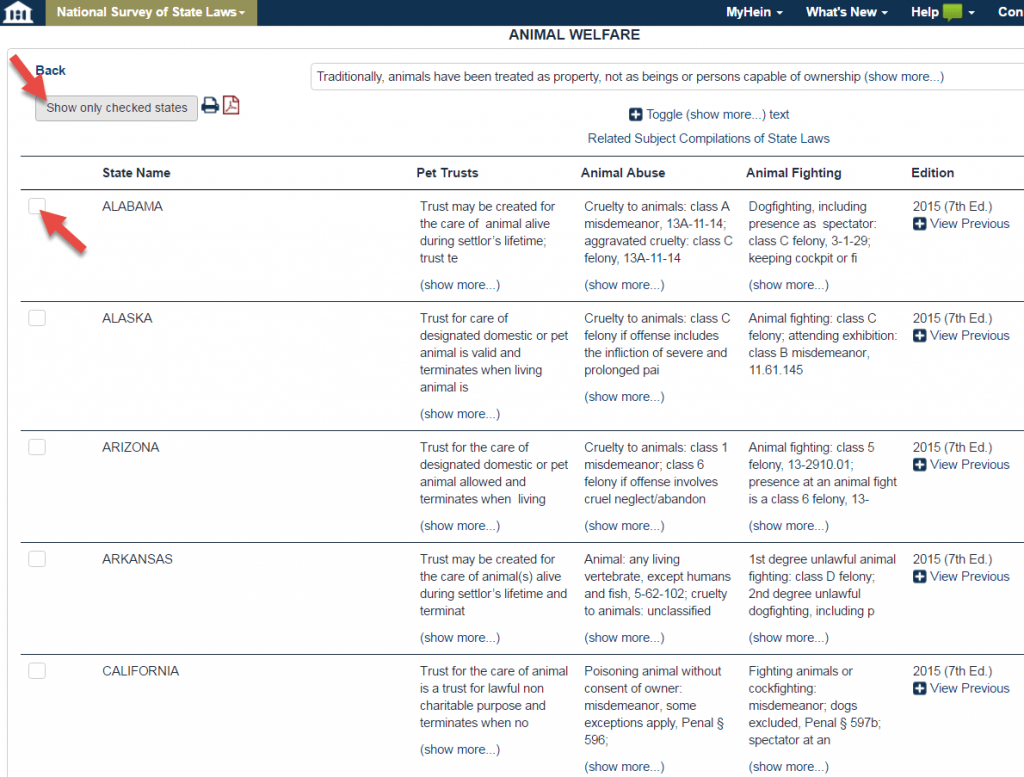Tilikum was a 22 feet long, more than 11,000 pound killer whale and possibly the most famous orca in the world. Earlier this month, he died of serious health issues at an estimated 36 years of age. He was captured near his birthplace of Iceland and performed in captivity for decades, becoming notorious for aggressive behavior, including the death of three people. Tilikum was profiled in the documentary Blackfish, which helped to influence popular opinion on killer whales in captivity and on SeaWorld in particular.
Similarly, the “Greatest Show on Earth,” another long-time attraction, has received increasingly negative public sentiment regarding captive wild animals forced to perform as entertainment. After animal rights protests and protracted litigation, Ringling Bros. and Barnum & Bailey Circus began phasing out Asian elephants from the show in 2015. On January 14, the circus’ producer announced that after 146 years, they would permanently end all performances this upcoming May.

The company website stated, “The decision to end the circus tours was made as a result of high costs coupled with a decline in ticket sales, making the circus an unsustainable business for the company. Following the transition of the elephants off the circus, the company saw a decline in ticket sales greater than could have been anticipated.”
What Do Tilikum and Circus Elephants Have in Common?
They have both profoundly impacted people’s views on animal rights by increasing the public’s knowledge the mistreatment of animals, which in turn has affected the legal community.
Find a Wealth of Information in HeinOnline
Search across the full text of all subscribed HeinOnline libraries by entering (“animal rights” AND Tilikum) OR (“animal rights” AND “circus elephants”~50)in the main search bar under the Full Text tab:

Note the phrase animal rights is in quotation marks. Using the Boolean operators such as AND and OR provide additional options. You may also group terms or search queries using parentheses to form sub-queries within one search request.
In constructing a search, beware of using phrases that are too specific. In this case, the phrase circus elephants is probably not too limiting, as elephants are the most-mentioned circus animals, and would likely be referenced along with other animals such as lions, tigers, bears, etc. Use a tilde symbol after the phrase to search for words within a particular proximity of each other-in this case, “circus elephants”~50.
Therefore, (“animal rights” AND Tilikum) OR (“animal rights” AND “circus elephants”~50) will find mentions of animal rights in conjunction with either Tilikum or elephants in a circus (however that’s phrased). For more information on advance search syntax, click the Search Help link located below the main search bar.
Search terms which occur in the metadata (article title, journal title) are given more weight and appear at the top the search results. Note the first search result has the terms Tilikum and animal rights in the article title:

Use the drop-down menu located above the results to sort search results by Relevance, Volume Dates, as well as Most Cited Author, Number of Times Cited by Articles or Cases, or the Number of Times Accessed (Past 12 Months) provided by HeinOnline’s ScholarCheck tool. Additionally, you may use the facets on the left side of the page to further narrow your search results by Collection/Library, Section Type, or Dates.
Many cities and counties have passed legislation regarding the use and treatment of circus animals, especially in regards to the use of the bullhook, also known as an elephant goad or ankus, which is a tool used in the handling and training elephants that is viewed as cruel and inhumane by activist groups.
Use the drop-down menu located in the top left of any page in HeinOnline to select our collection Animal Studies: Law, Welfare, and Rights. Search the full text by entering bullhook OR “elephant goad” OR ankus in the main search bar under the Full Text tab inside the library to view more information:

Take a look at the National Survey of State Laws library, where you will find an overall view of some of the most sought-after and controversial legal topics in the United States, including animal welfare.
Browse by either category or topic to locate animal welfare. You may also click the more information icon next to the topic to expand a description of each the topic. Click the topic animal welfare:

View an easy-to-use state by state comparison chart which includes the code section and other relevant information pertaining to the law of each state in the 7th edition. Want to compare only a few states?
Select the boxes located to the left of your desired states and then click Show only checked states to view the laws for just those states. You may also click View Previous to expand the previous 6th and 5th editions to view how the law may have changed over time. Although only the 5th, 6th, and 7th editions have been converted into database format, all other prior editions are fully searchable and browsable in HeinOnline’s familiar image-based PDF format.

Don’t forget to click Related Subject Compilations of State Laws to view a list of corresponding topics in Cheryl Nyberg’s Subject Compilations of State Laws.
Elephants have performed in the circus for the past 145 years, and orcas have been in captivity since the 1960s. The majority of the public previously enjoyed seeing both, with companies turning it into big business.
It has only been in the recent years that public opinion has turned negatively, with animal welfare being given more attention due to enlightening documentaries and activist groups. What is especially interesting is while Tilikum is suspected of being responsible for the death of three people, as people have learned his life story, they have been able to sympathize with him.
It is safe to assume animal rights will continue to expand and change throughout the future. Be sure to check back in HeinOnline for more and updated information!
Please contact our support team at (800) 277-6995, email us, or chat with us for additional assistance searching and navigating in the database.
For more information on Animal Studies: Law, Welfare, and Rights, National Survey of State Laws, Subject Compilations of State Laws, or any other collection in HeinOnline, please contact our marketing team at marketing@wshein.com.



